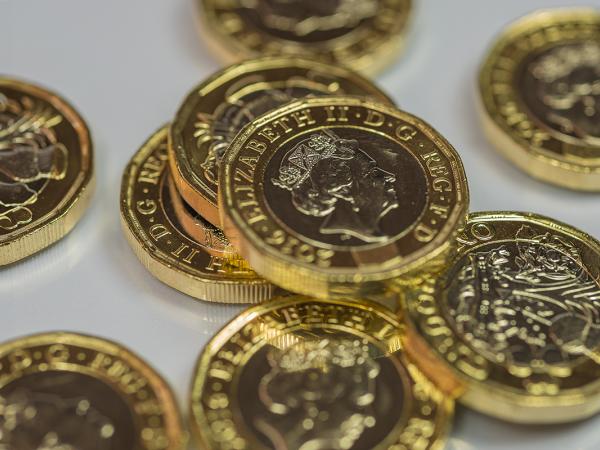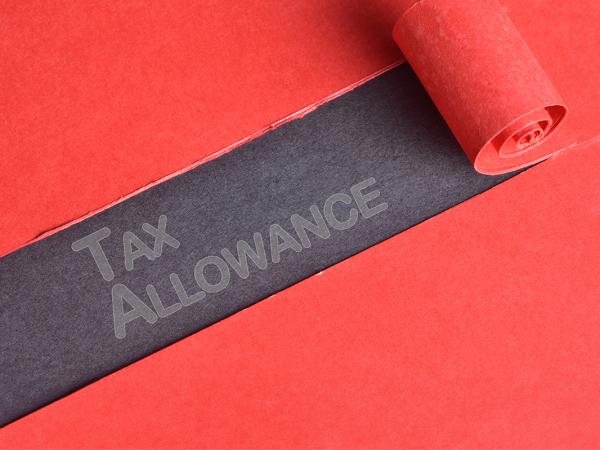Tax allowances
You only pay income tax on taxable income that exceeds certain tax allowances. Tax allowances can reduce the amount of income tax you have to pay. Not all allowances work in the same way. Some reduce the amount of income that you have to pay tax on, others provide an amount (a tax credit or tax reducer) that you can set against your tax liability to reduce the amount of income tax you pay.
Content on this page:
Tax allowances
The main UK tax allowance that you will come across is the personal allowance. But you may also come across other allowances such as the blind person’s allowance, marriage allowance, married couple’s allowance and tax relief for maintenance payments.
Eligibility for tax allowances
Income that is covered by your personal allowance is still taxable income, but you will not have to pay any tax on that part of your income. This is important if you need to consider whether your income needs to be reported for other purposes, such as tax credits.
Generally, you are only eligible for UK tax allowances if you are:
- resident in, or a national of, the United Kingdom (including if you are a Scottish taxpayer or a Welsh taxpayer),
- a national of an EEA country,
- resident in the Isle of Man or the Channel Islands,
- formerly resident in the UK but resident abroad for the sake of the health of either you or a member of your family who lives with you, or
- you are employed in the service of the Crown (or if this applied to your late spouse or civil partner), any territory under His Majesty’s protection, or a missionary society.
In addition, you may be able to claim a UK personal allowance under the terms of a double taxation agreement. There is more information in the guidance to form R43. If you complete a self assessment tax return, youcan find out more about this on page RRN4 ofHMRC’s guidance notes for form SA109 at the Box 15 reference.
If you are resident in the UK but not domiciled in the UK and you claim the remittance basis of taxation, you may not be eligible for UK tax allowances.
You can check which allowances are included in your notice of coding by looking at your online Personal Tax Account.
Eligibility for tax allowances if you move abroad
Even if you are not resident for tax purposes in the UK, you are entitled to the UK personal allowance if you are a national of either the UK or an EEA country.
If your total income arising in the UK is less than the personal allowance then no UK tax should be payable.
If this applies to you and you are in the self assessment system, you may wish to consider approaching HMRC to try and remove yourself from the self assessment system. There is information on how to contact HMRC on GOV.UK.
As a non-resident, you may need to claim personal allowances and a subsequent repayment of any taxes paid in income within them, using form R43.
If your taxable UK income is higher than your personal allowance then you should consider whether each source of income can be removed from the charge to UK tax under a double tax agreement. You usually have to complete a UK self assessment tax return to give effect to this.
Transferring your allowances
We are often asked if married couples or civil partners can transfer their tax allowances to their spouse or partner if they do not use them. Some allowances are transferable, but others are not. The allowances listed below are transferable, either completely or partially.
- Marriage allowance (transferable tax allowance for married couples or civil partners)
- Blind person's allowance
- Married couple's allowance
The trading allowance and the property allowance
You can read about the trading and miscellaneous income allowance on our page Trading allowance.
You can read about the property allowance on our page Property income.
The personal savings allowance and the dividend allowance
Unlike the allowances discussed above, these are nil rate bands of tax for specific types of income.
You can read more about the personal savings allowance on our page Personal savings allowance.
You can read more about the dividend allowance on our page Tax on dividends.



